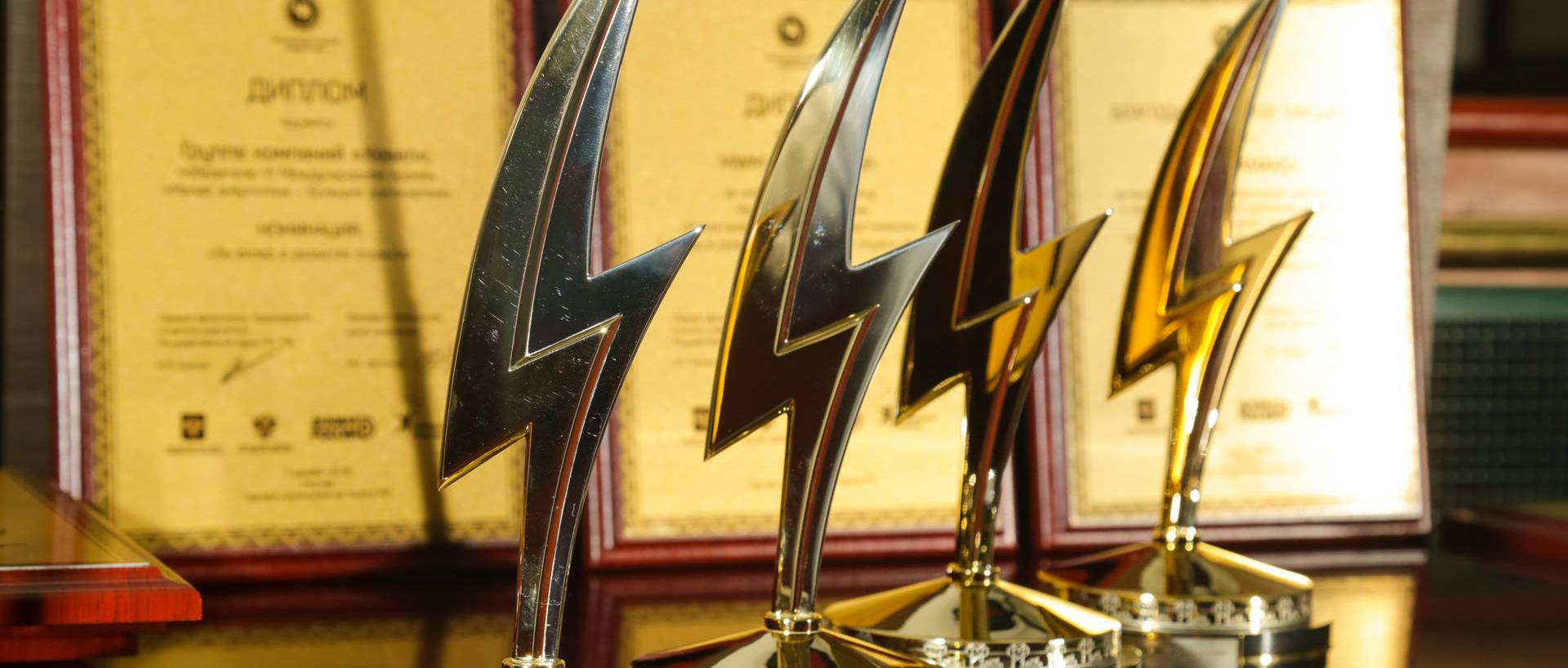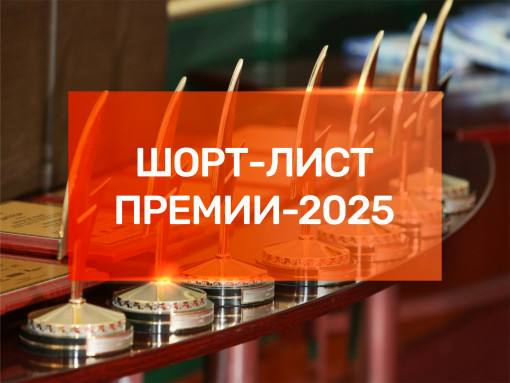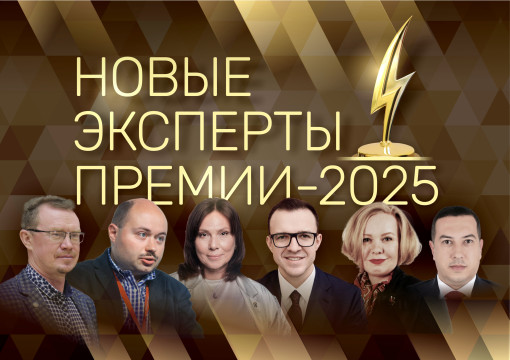The webinar dedicated to the XI International Award «Distributed power generation – great achievements» was held on June 5. Key changes to this year's Award were presented, and current trends and challenges in the field of small and distributed energy were discussed. The event was attended by leading Russian and foreign industry experts, organizers and members of the international Expert Council of the Award. The webinar was moderated by Valery Zhikharev, Vice President of the Distributed Power Generation Association.
The President of Distributed Power Generation Association spoke about the Award and its significance. He stressed that the contest, established in 2013, has become the most important industry platform bringing together advanced projects, engineering teams and representatives of small and medium-sized businesses.
«Today, the Award is a sign of quality and recognition in the industry. Over 11 years 672 companies and organizations from 12 countries have participated in the competition. 43 of them became winners. We are expanding the nominations, opening up new opportunities for participants, and maintaining a systematic dialogue with authorities and regulators. The award helps popularize the industry and replicate best practices», — Maxim Zagornov noted.
Samuel Mao, International expert, Professor at Khalifa University (UAE), Director of the ASPIRE Research Institute for Sustainable Energy, and co—chairman of the UAE Universities Climate Network, was also among the speakers.
«Russia has powerful technological solutions that should be presented not only at national venues, but also abroad. We invite Russian projects to come to the UAE and apply not only to government agencies, but also to the private sector. I see great potential in this», — Samuel Mao noted.
He also added that he hopes to see more projects from the United Arab Emirates this year.
Sergey Alekseenko, Academician of the Russian Academy of Sciences, Scientific Director of the Institute of Thermophysics of the Siberian Branch of the Russian Academy of Sciences, spoke about the most important technological trends in distributed energy. According to him, diesel power plants are still the dominant type of generation today, with the most in-demand capacities ranging from 500 kW to 3 MW. Among the promising areas, the scientist singled out petrothermal energy, small hydroelectric power plants, automated boiler houses and coal-fired fuels. The scientist stressed the need for active use of local energy resources and renewable sources, especially in remote and hard-to-reach regions, as one of the urgent tasks.
«Geothermal energy is an inexhaustible source. In the USA, they plan to receive up to 90 GW of installed capacity by 2050. We are falling behind. A project to develop geothermal binary plants is already underway in Kamchatka», — the academician emphasized.
Pavel Ilyushin, head of the Center for Intelligent Electric Power Systems and Distributed Energy at the Institute for Energy Research of the Russian Academy of Sciences, recalled that the award makes it possible to discover real, working solutions:
«Pilot projects implemented in Russia can and should already participate in the competition. Small and medium—sized businesses are actively implementing their own systems - local intelligent energy systems, including hybrid ones, based on renewable energy sources. They really work, you can see them, touch them, test them», — Ilyushin noted.
He also stressed that attempts to bring distributed generation facilities to the wholesale market or limit capacity redundancy are absolutely ineffective and incorrect:
«Solutions should be found through support, not restrictions. And the award is one of the few platforms where you can find customers, partners and expand cooperation, even within the most complex projects», - the expert emphasized.
Boris Martsinkevich, editor-in-chief of Geoenergetics INFO, focused on systemic regulatory issues in his speech.
«Today, the entire economy of the country is working for the well-being of energy companies, not the other way around. Increases in tariffs have become the only source of financing in the industry. This is destroying Russia's Unified Energy System. Small—scale energy is our chance for technological sustainability», — stated the expert.
Boris Martsinkevich also drew attention to the confrontation between large operators and representatives of small-scale generation, as well as the lack of support for small hydroelectric power plants, which used to be common in remote regions.
«In the 1960s, more than 7,000 small hydroelectric power plants were operating in the RSFSR. There are almost no such solutions left today» - stated the expert.
Executive Director of the Distributed Power Generation Association and Head of the Organizing Committee of the Award Maria Nevolina summed up the results of the webinar and announced the key organizational aspects of the Award-2025:
«This year, for the first time, we have included the seventh nomination — "The Best information Project". This is an important step towards ensuring that not only technology, but also knowledge, awareness, and the promotion of advanced solutions become part of the industry dialogue», — shared Maria Nevolina.
She also reminded that applications are open until November 1, 2025 on the official website of the Award: https://energo-union.com/en.





